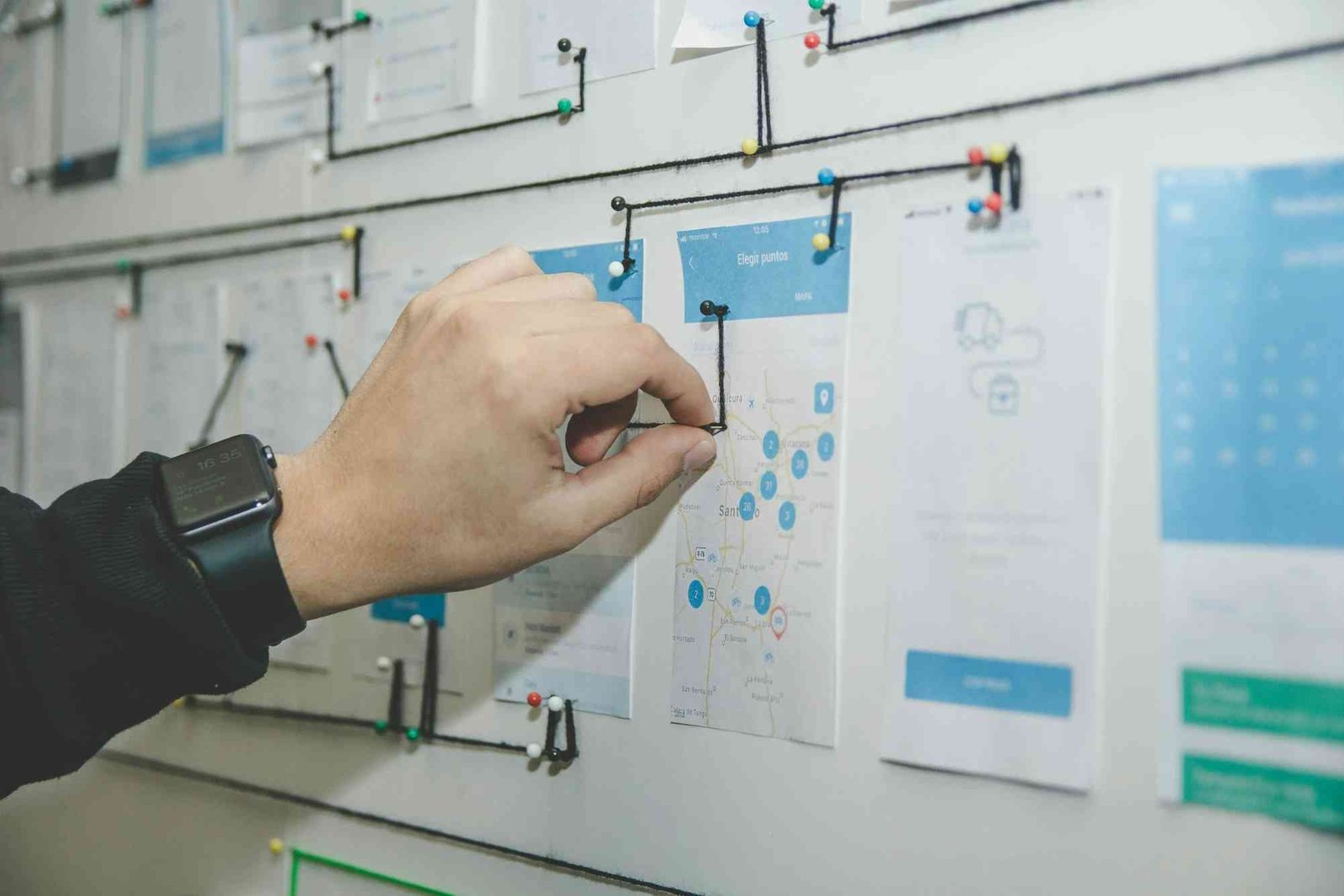Renting a property can be an exciting yet challenging process. Whether you are a first-time renter or someone with experience, understanding the nuances of the rental market is crucial. This guide provides comprehensive tips to help you navigate the process, ensuring you make informed decisions and find a home that suits your needs.
Understanding Your Needs
Setting a Budget
One of the first steps in renting a property is determining how much you can afford. Experts recommend that your rent should not exceed 30% of your monthly income. In addition to rent, consider other expenses such as utilities, maintenance, and renters insurance. Establishing a clear budget will help you narrow down your options and avoid financial stress.
Determining Your Requirements
Before starting your search, outline your specific needs. Consider factors such as location, proximity to work or school, and access to public transportation. Think about the type of property you want, whether it’s an apartment, house, or studio. List any must-have amenities like parking, in-unit laundry, or pet-friendly policies. Defining your requirements will streamline your search and save time.
Researching the Rental Market
Exploring Listings

There are many resources available for finding rental properties. Online platforms like Zillow, Apartments.com, and Craigslist are excellent starting points. Additionally, check local newspapers and connect with real estate agents who specialize in rentals. Exploring multiple sources increases your chances of finding a property that meets your criteria.
Understanding Market Trends
Researching the local rental market is essential to ensure you’re paying a fair price. Look into average rent prices in your desired area and note any seasonal variations. For instance, rental prices may be higher during peak moving seasons. Understanding these trends will help you make informed decisions and negotiate effectively.
Inspecting Properties
Scheduling Viewings
Once you have shortlisted potential properties, schedule viewings to assess them in person. Visit multiple properties to compare options and take notes during each visit. This will help you remember key details and make a well-informed decision.
What to Look For
During property visits, pay attention to the condition of appliances, plumbing, and electrical systems. Check for any signs of damage, such as mold or pests, and ensure that locks and security systems are in working order. Assess the overall cleanliness and maintenance of the property. Don’t hesitate to ask the landlord or agent questions about repairs or renovations.
Understanding Rental Agreements
Key Components of a Lease
A rental agreement is a legally binding document, so it’s important to read it carefully. Key components include the rent amount, payment due dates, lease duration, and policies on subletting and pets. Ensure you understand who is responsible for maintenance and how disputes will be handled. Clarifying these details upfront will prevent misunderstandings later.
Negotiating Terms
Negotiating rental terms can save you money or add value to your lease. For example, you might request a lower rent or ask for additional amenities like parking. Be polite but assertive, and back up your requests with market research. A good landlord will often be open to reasonable negotiations.
Preparing for Move-In
Financial Readiness
Before moving in, prepare for upfront costs such as the security deposit and first and last month’s rent. Budget for moving expenses, including hiring movers or renting a truck. Being financially prepared will make the transition smoother.
Document Preparation
Landlords typically require documents such as proof of income, references, and identification. Having these ready in advance will speed up the application process. Additionally, request an inventory checklist to document the property’s condition upon move-in. This will protect you in case of disputes over the security deposit.
Maintaining a Good Tenant-Landlord Relationship
Communication Best Practices

Open and respectful communication with your landlord is key to a positive renting experience. Report issues promptly and cooperate with maintenance requests. Being a reliable tenant will encourage your landlord to address concerns quickly.
Following Lease Terms
Adhering to the terms of your lease is essential. Keep the property in good condition, pay rent on time, and respect any rules outlined in the agreement. Following these guidelines will help you maintain a harmonious relationship with your landlord.
Handling Common Challenges
Dealing with Repairs and Maintenance
Understanding your rights and responsibilities as a tenant is crucial when dealing with repairs. Notify your landlord immediately if something needs fixing and document all communications. If repairs are not addressed promptly, you may need to explore legal options.
Navigating Lease Termination
When it’s time to move out, follow the lease’s notice requirements and leave the property in good condition. Clean thoroughly and address any damages to ensure you receive your security deposit. Planning your move-out process will minimize stress and conflicts.
Renting a property can be a smooth and rewarding experience with the right approach. By understanding your needs, researching the market, and maintaining clear communication with your landlord, you can find a home that meets your expectations. Stay informed and proactive throughout the process, and you’ll enjoy a successful rental journey.








